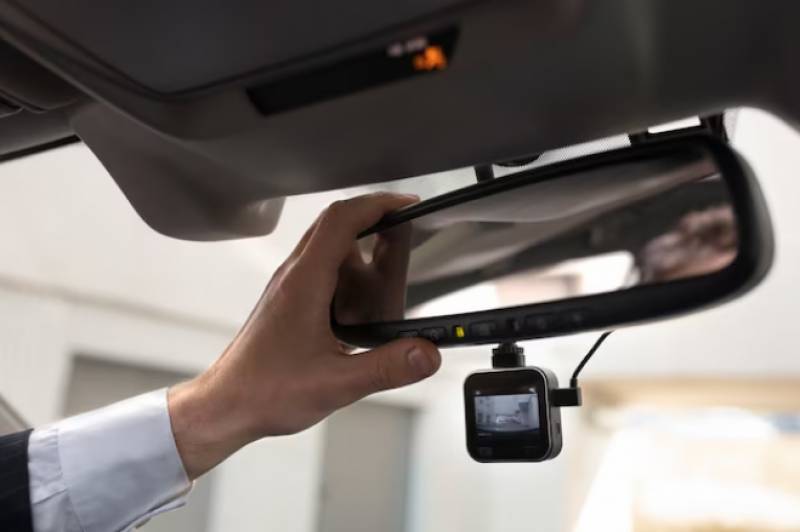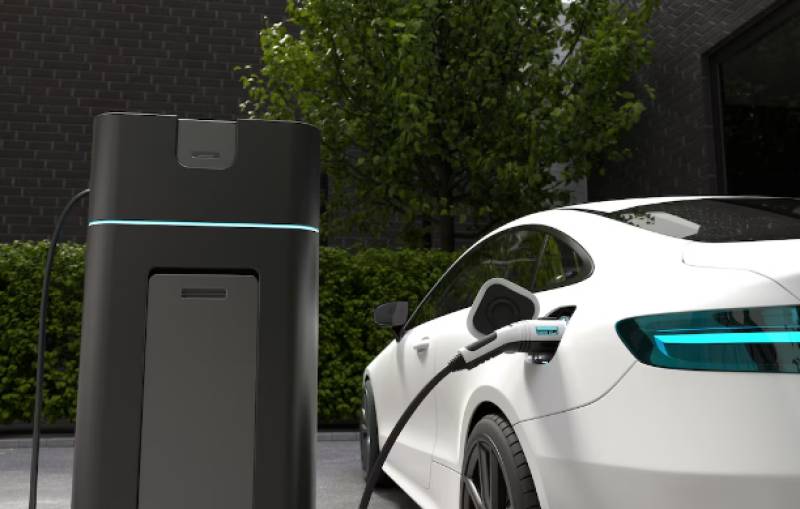- Region
- Vega baja
- Marina Alta
- Marina Baixa
- Alicante
- Baix Vinalopo
- Alto & Mitja Vinalopo
-
ALL TOWNS
- ALICANTE TOWNS
- Albatera
- Alfaz Del Pi
- Alicante City
- Alcoy
- Almoradi
- Benitatxell
- Bigastro
- Benferri
- Benidorm
- Calosa de Segura
- Calpe
- Catral
- Costa Blanca
- Cox
- Daya Vieja
- Denia
- Elche
- Elda
- Granja de Rocamora
- Guardamar del Segura
- Jacarilla
- Los Montesinos
- Orihuela
- Pedreguer
- Pilar de Horadada
- Playa Flamenca
- Quesada
- Rafal
- Redovan
- Rojales
- San Isidro
- Torrevieja
- Comunidad Valenciana
article_detail
Are dash cams legal in Spain?
On-board cameras can be useful in case of an accident, but using dash cams incorrectly in Spain can lead to costly fines

Dash cams, or on-board cameras attached to the windshield of a vehicle, are a very useful tool and are found on roads the world over, especially valued by professional drivers. But are they legal in Spain?
The short answer is yes, but data protection legislation must still be strictly adhered to and motorists could find themselves in hot water if they fail to follow two fundamental conditions: the use to which the captured images are put and the use of these devices while driving.
Dash cams often come in handy in the case of an accident and have been used by the authorities time and again to prosecute dangerous drivers, but violating the traffic regulations will result in costly fine from the DGT.
Installing an on-board camera in any private or public vehicle is completely legal, as is using it to record, but where many run into trouble is with the use of this footage.
Generally speaking, the Spanish Agency for Data Protection can be applied in two broad strokes:
- If the images are for private use only, then the data protection regulations don’t apply.
- However, the legislation comes into play once the footage is published on the internet. Usually, dash cams record everything ahead of them, and it’s considered a violation of privacy to share images of people or other private details, such as licence plate numbers, without express permission.
Using dash cams in the event of an accident
According to the General Data Protection Regulation (GDPR), dash cam footage can be used as evidence, either at trial or with an insurance company, in the event of an accident or serious road incident.
Most importantly, when recordings are presented as evidence, only the images that record the fact that is intended to be demonstrated can be provided, with a margin of 20 seconds before and after. The faces and personal details of any other people or vehicles in the footage must also be blurred out.
DGT fines for incorrect dash cam use
Dash cams fall under the same regulations as other on-board devices like GPS systems and mobile phones and the traffic authorities are just as strict at enforcing the rules.
The instrument must never impede vision and while it can be placed on either the windshield or the dashboard, if an agent believes it’s causing problems, the resultant fine will cost 80 euros.
Just as with phones and navigation systems, dash cams absolutely cannot be used while driving, and this includes when the car is stopped at the lights or in a traffic jam.
Being caught using the camera while on the move will result in a 200 euro fine and the loss of three points from the driving licence.
Find all the latest motoring and travel news here or join our Driving in Spain Facebook group for regular updates
Image: Freepik
staff.inc.ali
Loading
Sign up for the Spanish News Today Editors Roundup Weekly Bulletin and get an email with all the week’s news straight to your inbox
Special offer: Subscribe now for 25% off (36.95 euros for 48 Bulletins)
OR
you can sign up to our FREE weekly roundup!
Read some of our recent bulletins:
Discount Special Offer subscription:
36.95€ for 48 Editor’s Weekly News Roundup bulletins!
Please CLICK THE BUTTON to subscribe.
(List price 3 months 12 Bulletins)
Read more stories from around Spain:
Contact Murcia Today: Editorial 000 000 000 /
Office 000 000 000



























